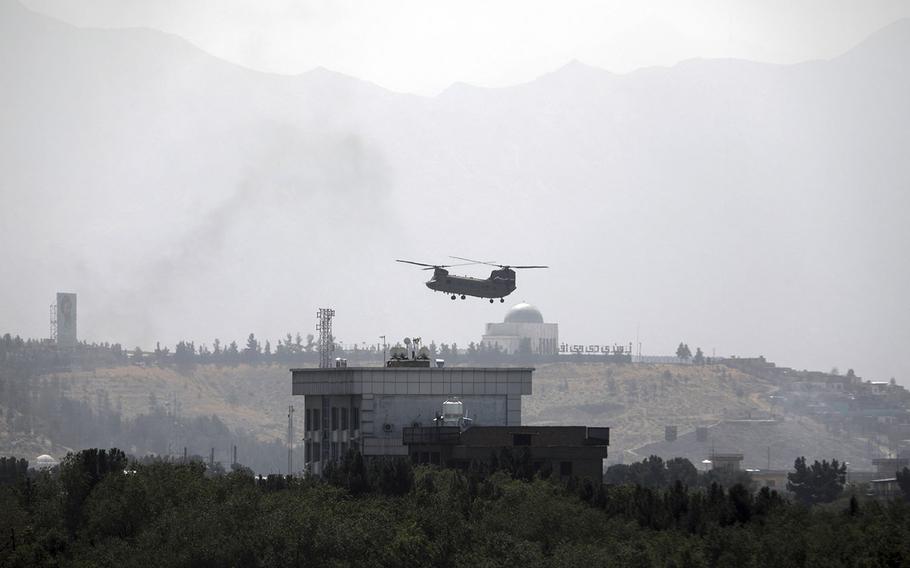RIO DE JANEIRO, BRAZIL – (Opinion) Current events in Afghanistan bring back to me, an American, the distressing vision of the fall of Saigon: helicopters leaving the U.S. Embassy compound, leaving behind thousands of Vietnamese after 20 years of war had torn their country apart.
I fear the 20-year war in Afghanistan is about to end the same way because there are too many historical parallels.
The U.S. Vietnam War was justified by a wrong premise – the “domino” theory – that posited Chinese communists taking over all of Indochina.

The U.S. Afghan War was justified by a wrong premise – the Taliban would turn the country into a safe harbor for Al Qaeda and other Islamic terrorist groups.
The U.S. Vietnam War had a precursor – the French Indochina War, fought from 1946 to 1953, ending with the French’s withdrawal, the Vietcong’s triumph, and the beginning of a civil war between two parts of one country.
The U.S. Afghan War also had a precursor – the Soviet Afghan War, fought from 1979 to 1989, ending with the withdrawal of the Soviets, the triumph of the Mujahideen, and a civil war that launched the Taliban.
Afghanistan has even more distant relevant history: it was the principal stage for the century-long “Great Game” fought between the Russian and British empires.
Why would anyone, in the 21st century, fight over Afghanistan? What does Afghanistan have that makes it attractive – other than being the world’s largest producer of opium poppies?
In the commercial real estate world, all that matters is location. The same is true of Afghanistan. Landlocked, it borders China, Iran, and Pakistan and is not far from India and Russia.
In short, the world’s great powers have long coveted Afghanistan, not for what it has, but for what it is – a buffer zone between them.
Most Afghanis, of course, could care less about the Great Game or the Silk Road or any other geopolitical matters; they would much prefer to stay in their family villages, governed by local warlords, going about their lives without any foreign interference.
That is precisely what the Taliban are selling – Afghanistan for the Afghanis.
The price the Taliban are charging is steep, at least in Western cultural values – liberté, egalité, fraternité – that are largely forbidden, in particular to women.
When the U.S. began its war in Afghanistan, its stated purpose was to extirpate Al Qaeda and Islamic terrorism. Over the years, however, as the war carried on, the U.S. included another purpose: install a Western-type state imbued with Western cultural values.
The first objective may be praiseworthy and might even have been successful. The second objective is cultural imperialism and was doomed to failure.
With the support of most Afghanis, the Taliban have resisted American cultural imperialism, just as the Mujahideen resisted Soviet imperialism in the 20th century, and the local rulers resisted British imperialism in the 19th century.
Will Kabul become Saigon déjà vu? Lamentably, Afghan history indicates it probably will. The U.S., once again, will have only itself to blame.

